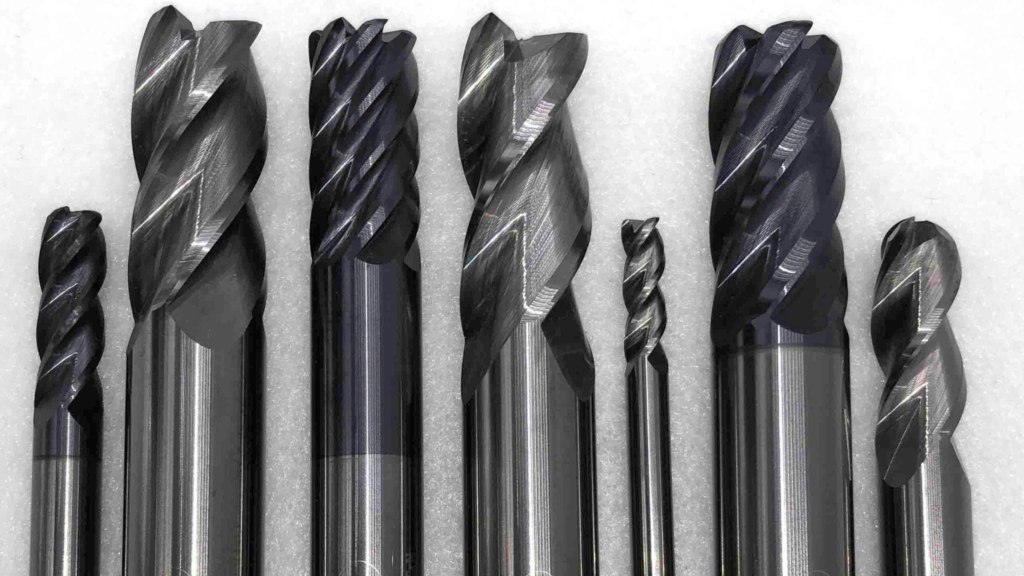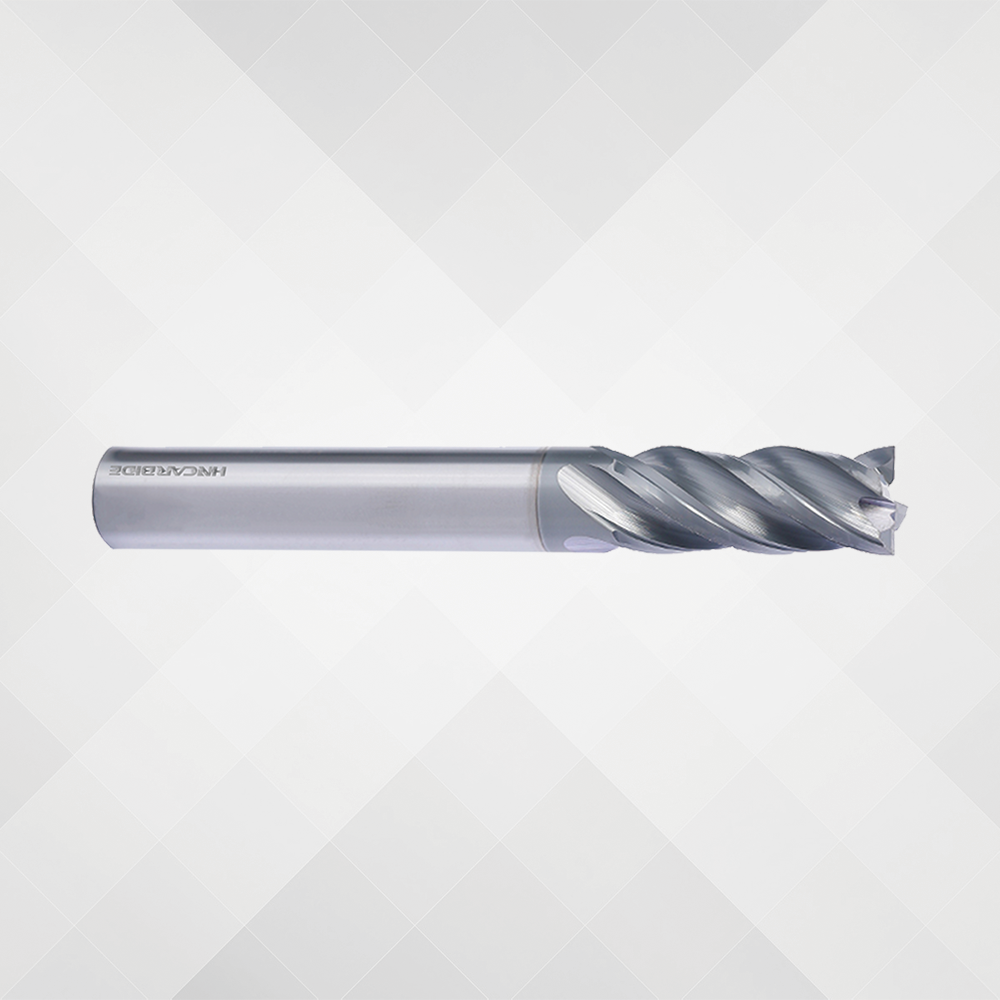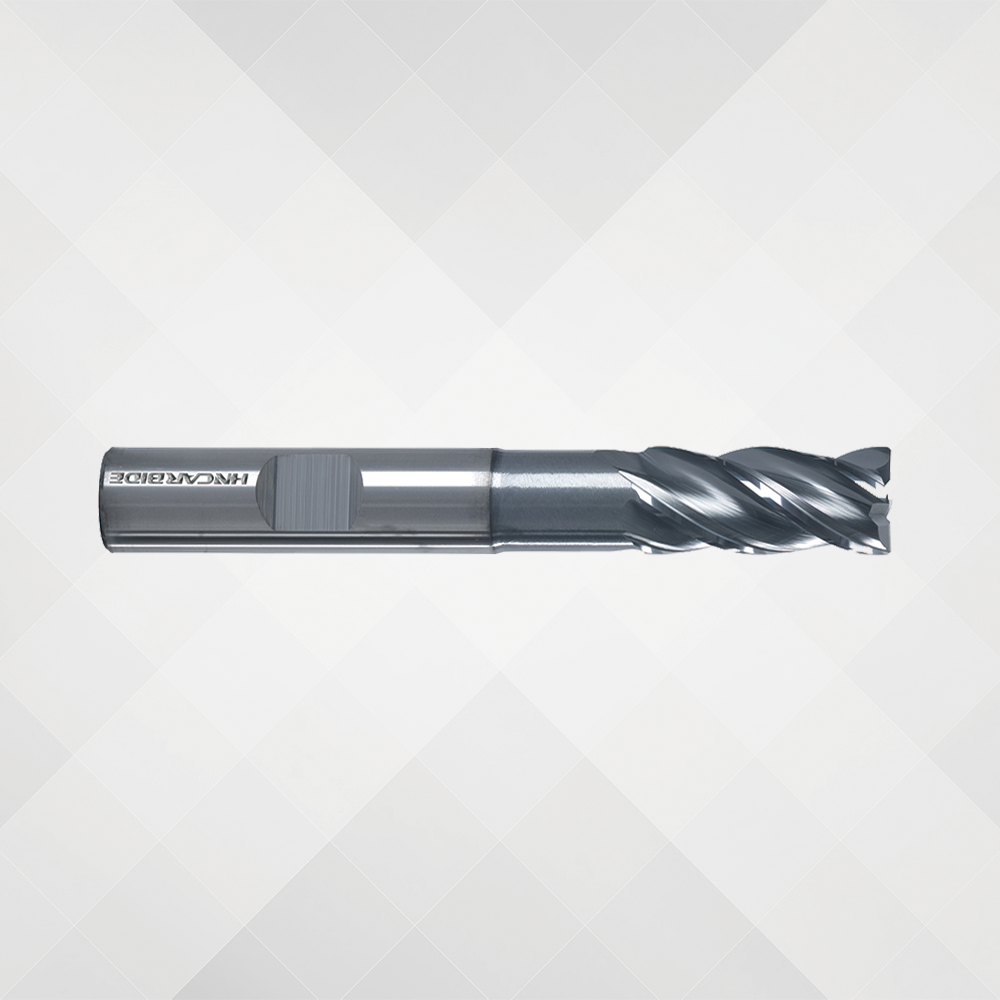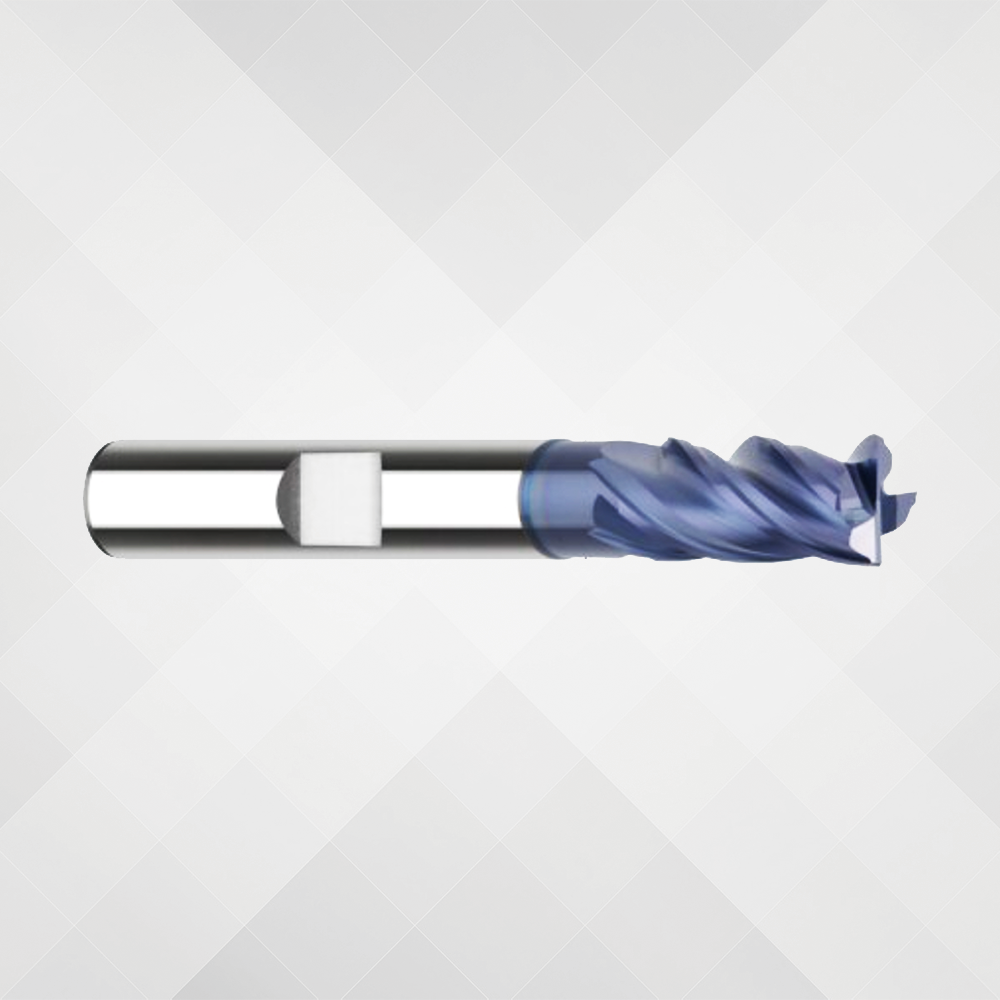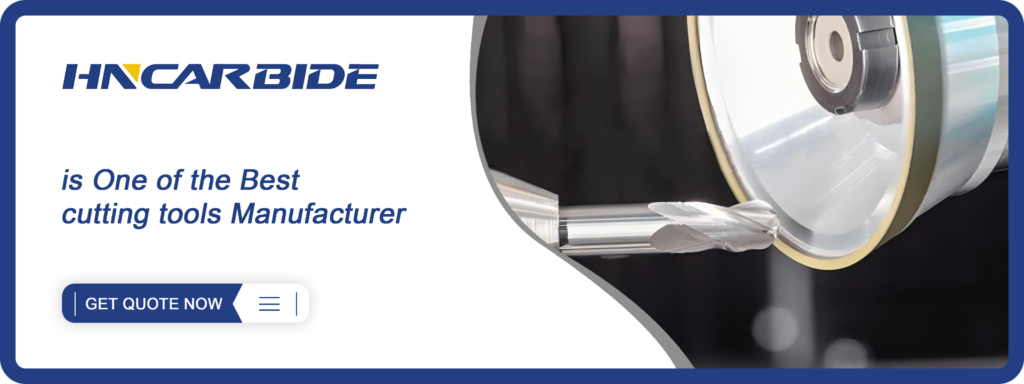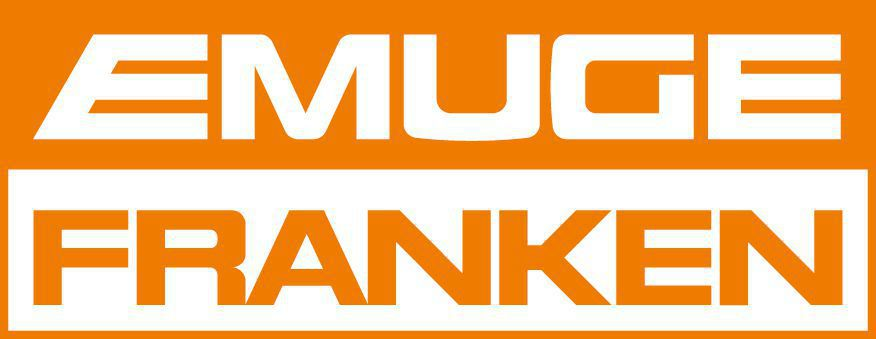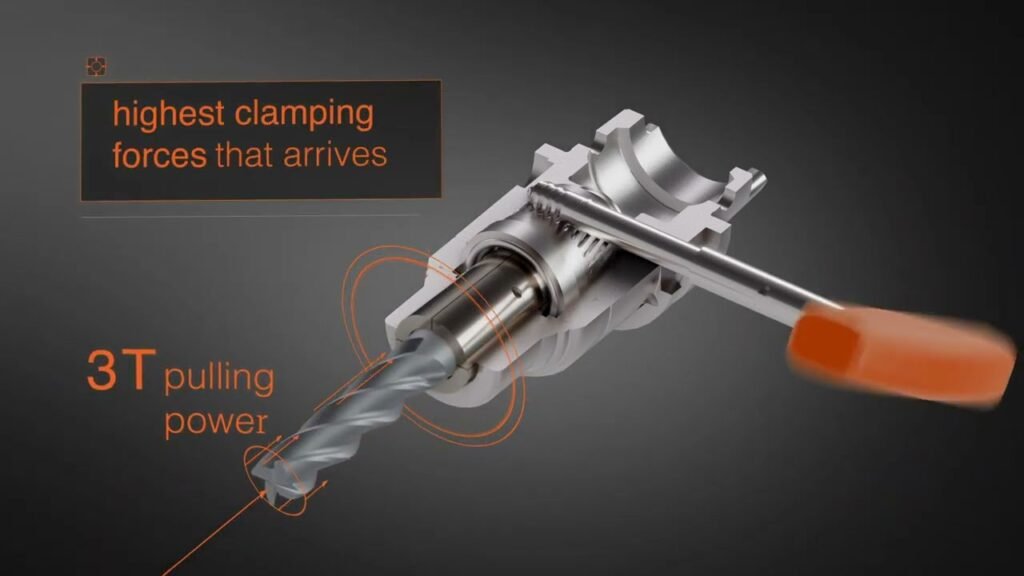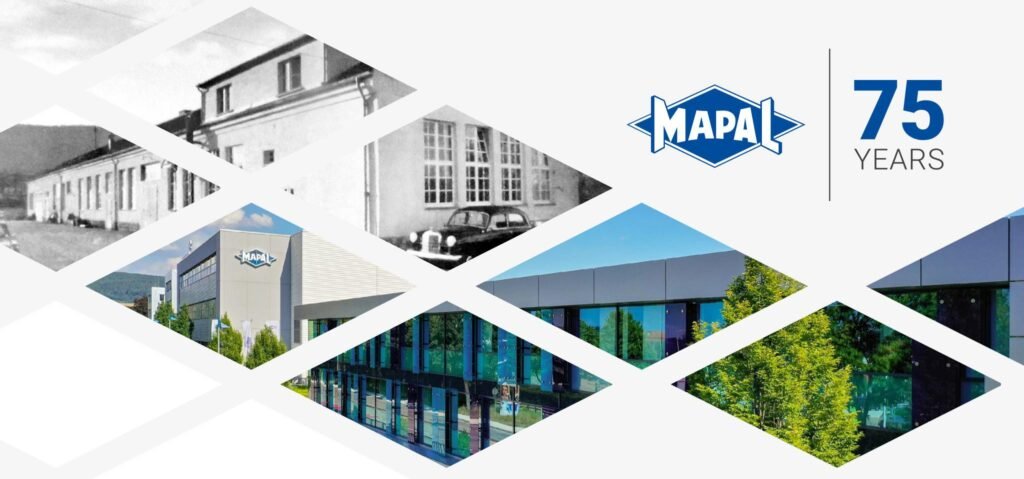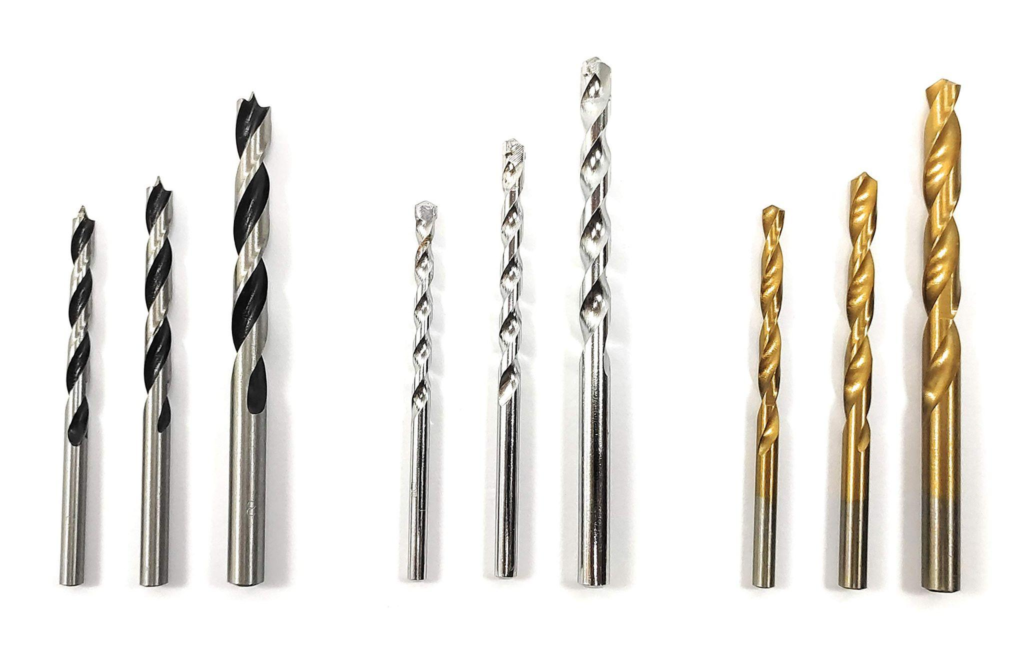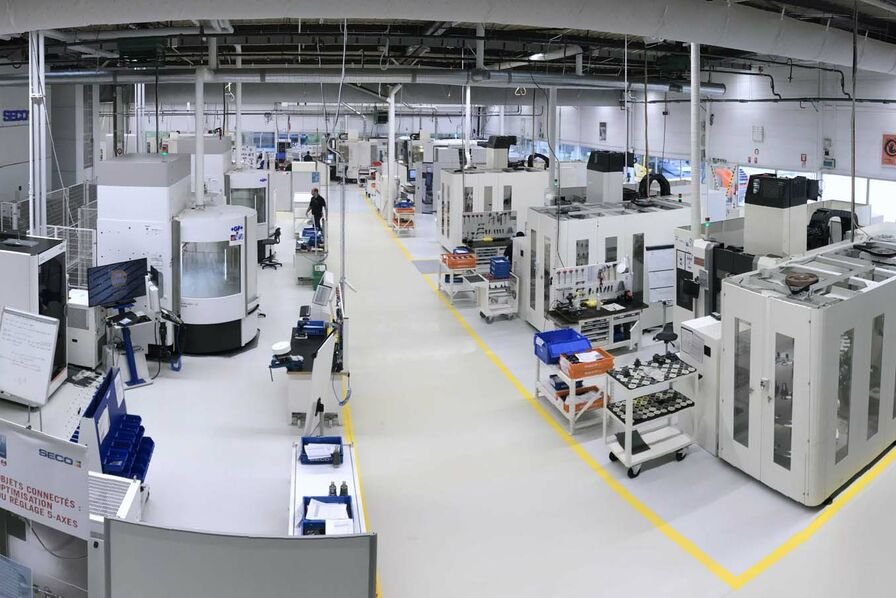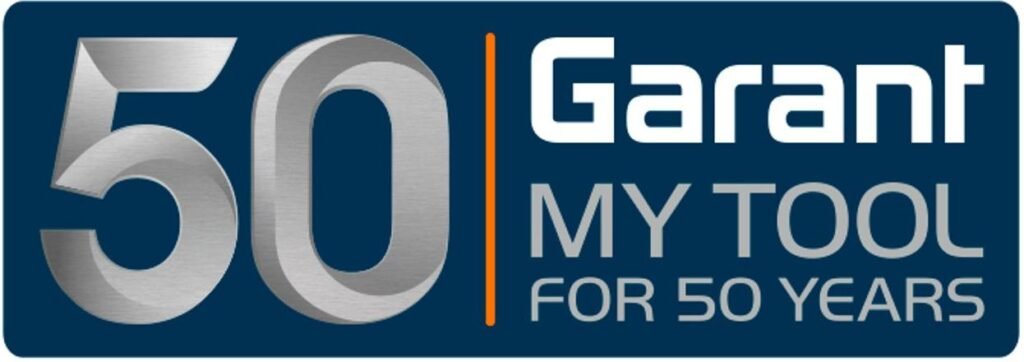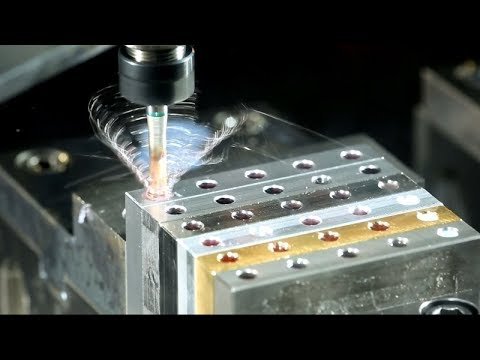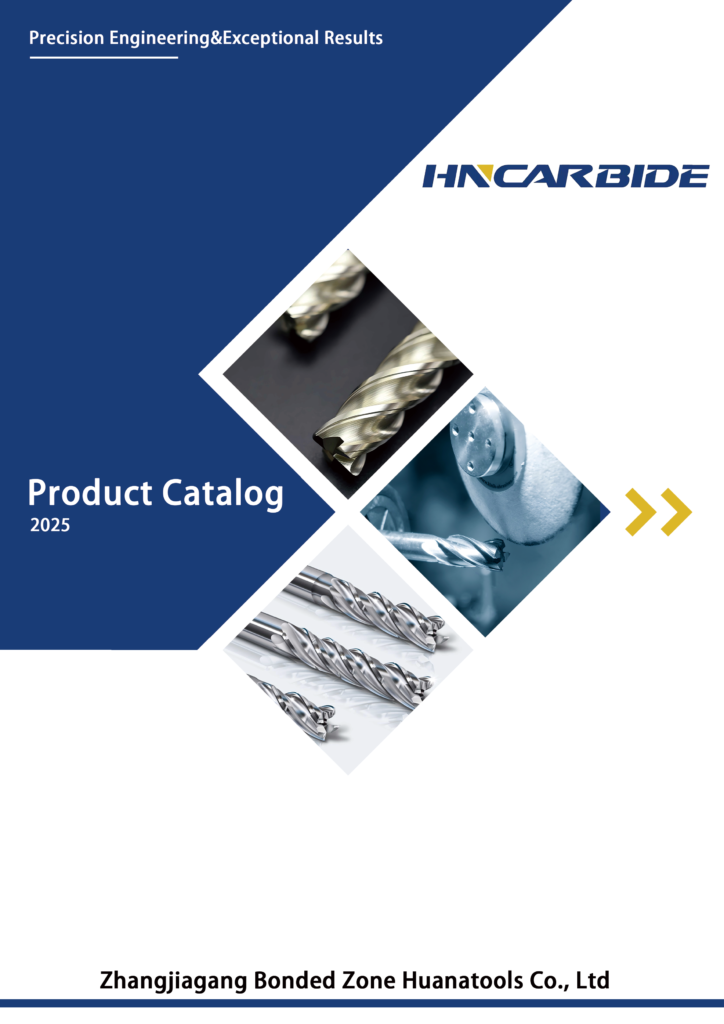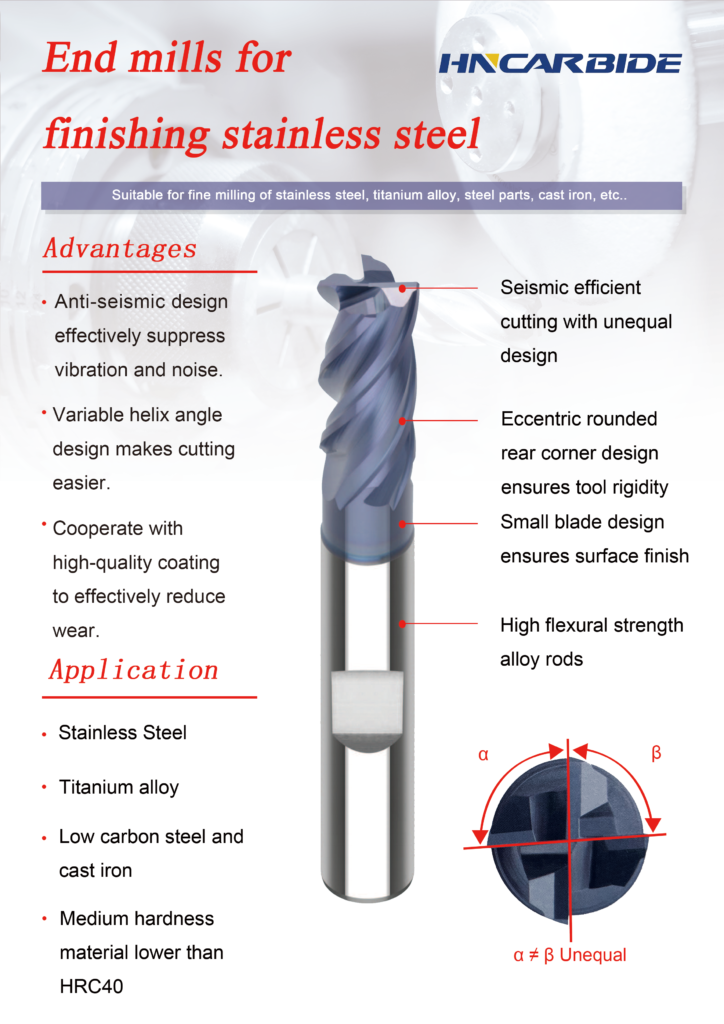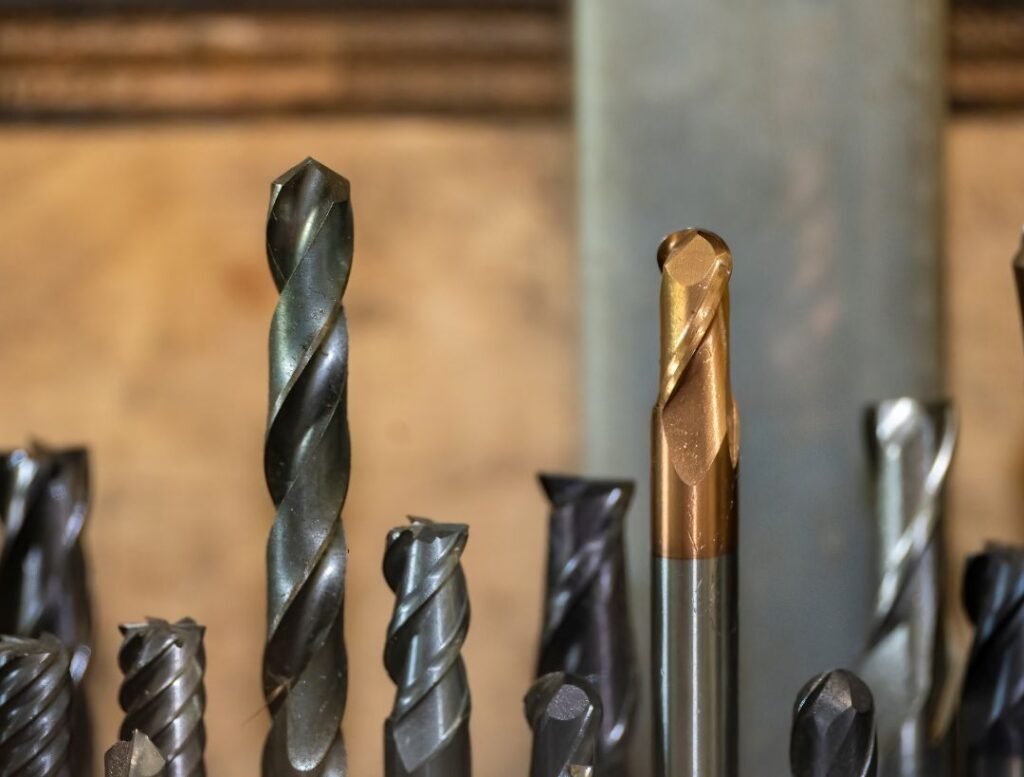Understanding AlCrN Coating: The Secret to High-Performance Machining in Europe
Table of Contents
Modern CNC machining doesn’t run on raw horsepower alone. Tool coatings have become just as critical as cutter geometry, especially in operations where speed, temperature, and precision need to be balanced with one another. In environments where every edge needs to cut through hardened steels, nickel alloys, or abrasive composites, coating on your end mill is doing far more than just looking sharp.
Among today’s most trusted solutions, Aluminum Chromium Nitride (AlCrN) has emerged as a leading coating in European manufacturing. Found on top-tier square end mills, drilling tools, and high-speed cutters, AlCrN is engineered for thermal resilience, oxidation resistance, and sustained performance under demanding feed rates.
Germany’s machining industry, known for its exacting tolerances and extended tool life expectations, has been a major adopter.
What Is AlCrN Coating?
AlCrN, which stands for Aluminum Chromium Nitride, is a high-performance tool coating that takes the kind of heat, wear, and cutting speeds that CNC machining throws at it. It is applied using PVD (Physical Vapor Deposition) and creates a thin ultra-hard layer on the surface of tools such as end mills, drill bits, and form cutters. |
What makes AlCrN different is its combination of aluminum and chromium. The aluminum gives it strong oxidation resistance, meaning it can keep performing even as temperatures rise above 1100°C. The chromium improves hardness and stability to maintain shape over long runs.
Here’s what AlCrN brings to the table:
- Superior oxidation resistanceunder extreme temperatures
- Better hardness and edge retention, even at high cutting speeds
- Minimal risk of flaking or delamination, even in dry-cutting conditions
- Improved tool lifein abrasive, high-friction materials
- Consistent surface finishon hardened steels and die-mold alloys
In practical terms, that means fewer tool changes, tighter part tolerances, and more predictable results, even in materials that generally cause edge wear or heat buildup. It’s a coating upgrade for German and EU-based machine shops running automotive, aerospace, or die-mold parts.
Performance Benefits
Tool coatings are a core part of how modern cutting tools perform under pressure. When machining hardened steels or running high-speed aluminum passes, tool temperature, wear rate, and chip flow all depend heavily on coating technology.
AlCrN coating is made to handle more heat, last longer, and perform consistently in dry or semi-dry conditions.
Thermal Stability at Elevated Cutting Speeds
A major advantage of AlCrN is its ability to stay stable under high thermal loads. In operations where tools run hot, like dry milling or high-speed finishing in hardened steels, AlCrN maintains its structural integrity even at cutting temperatures exceeding 1,100 °C. That means the tool edge resists softening, micro-chipping, and coating breakdown; therefore, operators can push RPMs without sacrificing reliability.
Such stiffness is of great value, particularly to those industries that depend on long machining cycles or aggressive feed rates. When paired with advanced carbide substrates, AlCrN-coated tools perform well across high-RPM spindles and long cuts in tough materials, reducing thermal cracks and improving surface finish in one pass.
Resistance to Oxidation and Wear
AlCrN’s chemical structure includes a high chromium content, which enhances oxidation resistance far beyond traditional coatings like TiN or TiCN. When machining materials that generate fine dust or run hot over long durations, oxidation wear often appears first, dulling the tool and degrading part finish. AlCrN’s tight, dense coating acts as a heat shield and oxidation barrier, extending usable edge life.
Beyond oxidation, AlCrN also resists abrasive wear caused by hard inclusions in materials like cast iron or tool steel. This makes it a great choice for semi-dry or dry milling, where coolant use is limited and the tool takes the full brunt of the cutting force.
Extended Tool Life in Tough Materials
CNC operators working with tool steel, high-carbon alloys, and die mold grades often face fast edge wear, even with premium carbide. AlCrN adds a layer of protection that not only delays wear but helps the cutting edge stay sharper longer. That stability means better hole accuracy, more consistent slot dimensions, and fewer unscheduled tool changes.
Tests across EU-based production environments have shown tool life improvements of up to 2–3× when switching from TiAlN- to AlCrN-coated tools, especially in high-speed or continuous-cut jobs. That’s a significant gain in uptime and part quality for operators managing high-volume lines or working in tight tolerance zones.
How AlCrN Compares to Other Coatings
Not all coatings serve the same purpose. Some are built for general-purpose cutting; others are optimised for wear resistance, lubricity, or extreme temperature handling. Understanding how AlCrN fits among other common coatings helps CNC professionals select the right tool for the material, operation type, and machine environment.
In European machining, especially in Germany’s high-spec manufacturing sectors, TiN, TiAlN, and DLC coatings are still widely used. But as more shops adopt high-speed machining and dry cutting, AlCrN continues to gain traction for its performance balance and reliability in harsh conditions.
Here’s a side-by-side look at how AlCrN stacks up:
Coating | Temperature Resistance | Oxidation Resistance | Wear Resistance | Best Use Cases | Not Ideal For |
AlCrN | Up to 1,100–1,200 °C | Excellent | Very High | Dry milling, hardened steel, die & mold, aerospace | Very soft metals, high-lubricity jobs |
TiN | ~600 °C | Moderate | Moderate | General-purpose machining, mild steel, low-alloy parts | High-speed or high-temp operations |
TiAlN | Up to 800–900 °C | Good | High | Alloy steels, semi-hardened parts, coated carbide tools | Wet cutting of aluminum or copper |
DLC | ~350–450 °C | Low | Very High (low friction) | Non-ferrous metals, aluminum, plastics | High-heat or heavy chipload applications |
ZrN | ~500–600 °C | Fair | Moderate | Bright finishing on aluminum, decorative milling | Hardened steels or dry roughing |
Popular European Brands Using AlCrN
The shift toward AlCrN coatings is already happening on shop floors across Europe. Leading end mill manufacturers and tooling suppliers have integrated AlCrN into their high-performance product lines to meet growing demands for speed, tool longevity, and thermal resistance.
The brands below are known not only for adopting AlCrN but for applying it to tools that deliver consistent, real-world results across a wide range of CNC applications.
Brand | Country | Tool Types with AlCrN | Strengths |
Emuge-Franken | Germany | End mills, taps, form cutters | Aerospace-grade finish, high-speed steel and carbide options |
MAPAL | Germany | Boring tools, reamers, milling cutters | Precision tooling for hard materials, extended life in die/mold work |
Walter Tools | Germany | Drills, end mills, indexable inserts | HPC tools with AlCrN for structural steel and tool steel |
Jabro (Seco) | Sweden/Germany | High-speed end mills, micro tools | Excellent chip evacuation + heat resistance in finishing operations |
Garant (Hoffmann) | Germany | DIN-compliant end mills, roughers | AlCrN-coated tools for mold & die, universal steel applications |
Emuge-Franken
Emuge-Franken, headquartered in Lauf, Germany, is widely respected for its precision threading, drilling, and milling tools used across the aerospace, automotive, and general engineering sectors. Their AlCrN-coated end mills, found in the HPC (High Performance Cutting) and TiNox lines, are made specifically for machining hard-to-cut materials like Inconel, tool steel, and titanium alloys.
The brand’s AlCrN tools offer excellent performance in dry or semi-dry high-speed machining, where tool longevity and heat control are critical. With geometry tailored for chip evacuation and a coating that resists edge breakdown under thermal load, Emuge-Franken’s AlCrN cutters are a strong fit for German manufacturers pushing long cycle times and tight part tolerances.
MAPAL
MAPAL, based in Aalen, Germany, is a global leader in precision tooling solutions, particularly in the areas of boring, reaming, and high-performance milling. The company integrates AlCrN coatings across its solid carbide and indexable milling tools, especially those developed for mold and die, automotive, and aerospace applications.
MAPAL’s AlCrN-coated cutters are engineered for dry machining and minimal lubrication setups, making them ideal for hardened materials where thermal load and abrasive wear are common. These tools excel in delivering consistent finishes and long service life, particularly in ISO H and ISO S materials, where older coatings tend to fail early.
Walter Tools
Walter Tools has traditionally been a European cutting tool industry doorstep in innovation on indexable inserts, drills, and solid carbide milling cutters. Their adoption of AlCrN coatings focuses heavily on tools intended for high-performance cutting (HPC) of hardened steels and cast alloys.
Walter’s AlCrN-coated tools are commonly found in roughing and semi-finishing operations where heat management and wear resistance drive tool choice. These coatings offer a longer edge life and better chip control at higher feeds, particularly in structural steel machining or tooling where lubrication is limited.
Jabro (Seco Tools)
Jabro, part of Seco Tools with production facilities in Sweden and Germany, focuses on high-performance solid carbide end mills for precision machining. Their AlCrN-coated Jabro tools are specifically designed for demanding operations in aerospace alloys, hardened steel, and medical-grade materials, where heat buildup and tool stability are constant concerns.
Jabro’s end mills feature optimized flute geometry paired with AlCrN’s thermal resistance, making them ideal for high-speed finishing, tight tolerance components, and small part machining. Their micro tool series also benefits from AlCrN, helping prevent premature wear in delicate, high-RPM environments. The tools help increase productivity levels, and hence, overall profitability.
Garant (Hoffmann Group)
Garant, the Hoffmann Group’s in-house tooling brand, is known all over Europe for offering DIN-compliant high-performance tools with industrial reliability. Their AlCrN-coated end mills are commonly used in mold and die machining, steel cutting, and universal applications where edge retention, dimensional consistency, and cost-efficiency are all important.
Garant cutters’ precision-ground geometry, combined with the heat resistance properties of AlCrN, allow for stable performance in dry machining, high-speed cutting, and multi-pass operations on hardened materials. These tools also show excellent results in automated lines where consistent chip removal and minimal tool deflection are essential.
With broad availability, reliable lead times, and tool data integration via Hoffmann’s digital platforms, Garant makes AlCrN tooling easy to source, scale, and deploy across varied production setups.
Applications Across European Industries
General Industrial Use
AlCrN coating is primarily seen in situations where the metal is moved rapidly, heat is unavoidable, and downtime is very expensive.
These kinds of tools have been used extensively in European countries, especially in Germany, where sectors that require dimensional accuracy, surface finish, and long tool life are non-negotiable.
Aerospace Sector
AlCrN tools in aerospace are mostly used for machining heat-resistant alloys, titanium components, and structural steels. These high RPMs and dry or near-dry conditions are common in these tasks.
The coat’s feature that enables it to resist heating allows it to be used for a longer time without the need for changing the edge, which is very important in flight-grade components.
Mold and Die Industry
The mold and die industry is the main sector that takes advantage of AlCrN’s hardness and wear resistance. It is mainly for the parts of the tool steel, HRC-treated parts, and cavity surfaces that the wear can be improved by the usage of AlCrN coating.
Injection molding and die-casting tool production are among the industries that drive the need for highly precise and clean finish tools if end parts are to perform up to expectations.
Medical Manufacturing
Precision in medical manufacturing is of utmost importance. AlCrN-coated micro-end mills and drills are the ones mostly chosen for cutting surgical-grade stainless steel, cobalt-chrome alloys, and bone plates, where the absence of burrs and repeatability are the major factors.
Energy Sector
In the energy sector, from turbine machining to offshore fabrication, AlCrN helps extend tool life under continuous load. Its resistance to oxidation is very important in dry-run or low-coolant operations where the running of the production line depends on the continuous working of the tool.”
AlCrN is being used where tooling performance directly affects profitability and part quality.
DIN Milling Cutters Catalog
Click the button below to view our DIN milling cutters catalog and explore detailed product specifications to make the best choice.
Conclusion
The cutting tool coating isn’t a detail; it’s a performance driver. In high-speed, high-precision machining environments across Europe, AlCrN coating has proven itself as a reliable ally. It is a combination of thermal stability, wear resistance, and edge retention in one unit that allows shops to work harder, run longer, and still be able to monitor part quality under pressure.
Compared to legacy coatings like TiN or even TiAlN, AlCrN offers a more robust solution for modern machining needs, especially in dry or semi-dry conditions, hardened steels, and long-cycle applications. Whether you’re milling aerospace alloys, producing dies, or finishing surgical components, AlCrN is built for the realities of European production.
At HNCarbide, we offer a range of AlCrN-coated end mills, drills, and custom tools built for demanding environments. Every tool is engineered to meet German-standard tolerances, rigorously inspected, and available in both standard and made-to-spec formats.
If you’re looking to scale efficiency without compromising precision, our team is here to support you, tool by tool.
Get in touch to request samples or discuss a custom project built for your spindle.

